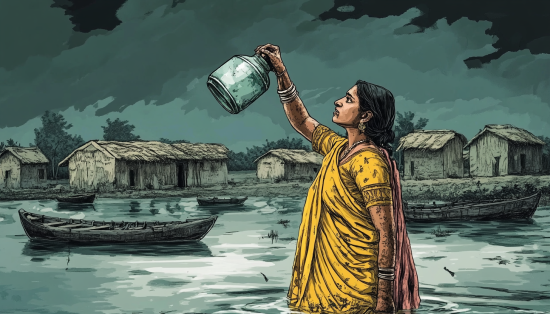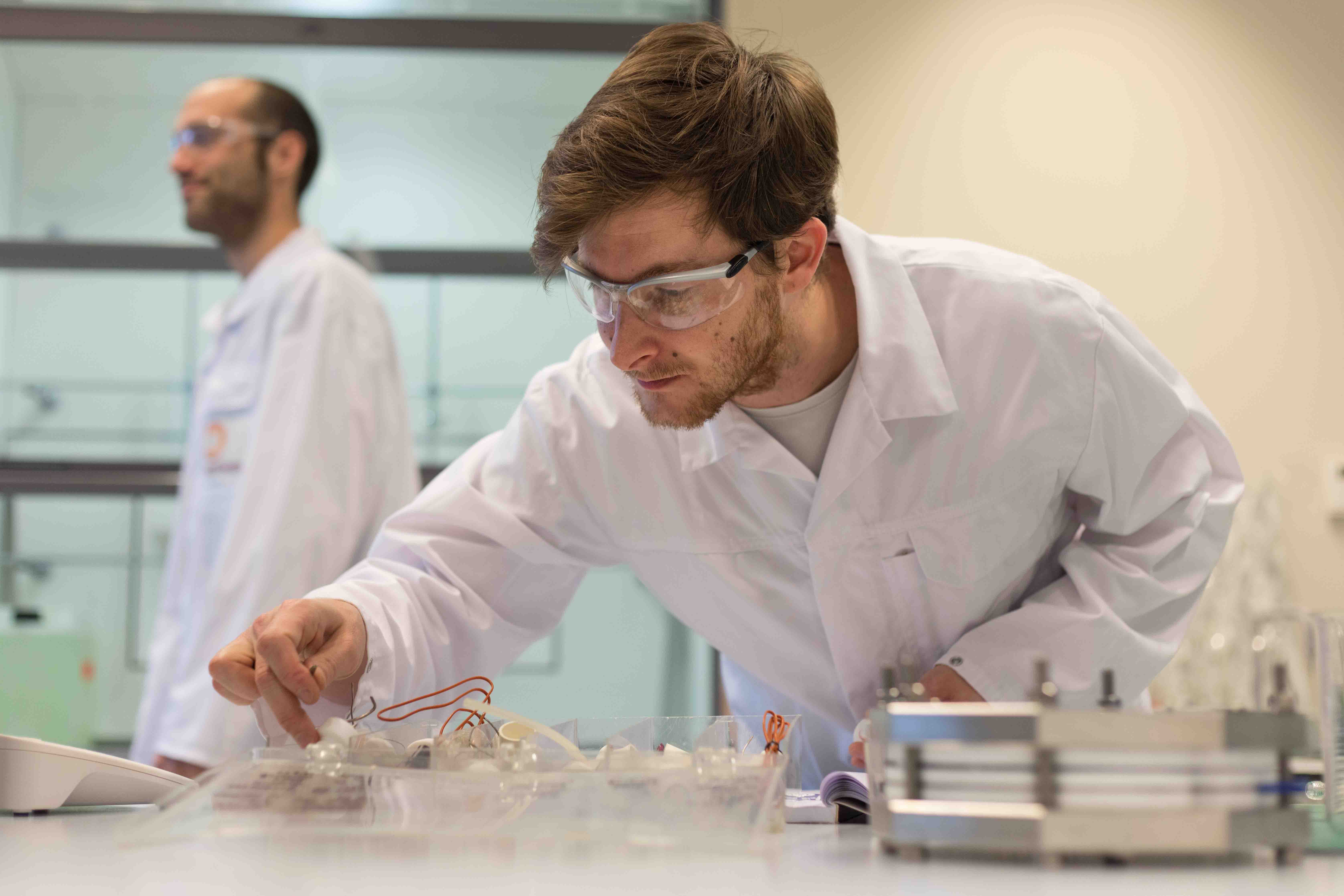When discussing climate change, most people understand that this global crisis has negative impacts solely on the environment. This includes severe heatwaves worldwide, increasing forest fires, coral bleaching, and the frequent stranding of marine animals on beaches. However, the issue of global warming extends beyond environmental challenges and poses significant threats to public health systems.
The continuous rise in temperatures across the globe has severe implications for the health of pregnant women and newborns. It increases the risk of premature births and various complications. These issues are particularly pronounced among women of color and minority groups. Meanwhile, the current measures to address these situations are insufficient and urgently require improvement.
One of six studies assessing the relationship between rising temperatures and preterm births examined nearly one million pregnant women in Australia between 2005 and 2014. The study found that in the hottest 5% of areas in New South Wales, the risk of preterm birth increased by approximately 16%. Another study analyzed births in Texas from 2007 to 2011, a period that included the hottest summer in Texas's history. The findings revealed that mothers exposed to the hottest 1% of days had a 15% increased likelihood of giving birth prematurely.
Ana Bonell, a medical researcher at the London School of Hygiene and Tropical Medicine (LSHTM), conducted a study on the effects of heat stress on the physiology of 92 pregnant female farmers in Gambia, a country in West Africa. The study found that an increase in temperature of just 1 degree Celsius led to a 17% increase in foetal strain, measured by an elevated heart rate and reduced blood flow to the placenta.
Although there is no definitive conclusion on the risks of pregnancy associated with global warming, it is possible that rising environmental temperatures could affect the release of hormones that cause the cervix to dilate. Additionally, during pregnancy, a woman's body becomes more sensitive to heat due to hormonal changes and the expansion of the skin. Increased heat not only causes discomfort but also poses serious risks to both the mother and the fetus, such as premature birth, stillbirth—where the fetus dies late in the pregnancy or is born without signs of life—hypertension, and gestational diabetes. This is a critical public health concern as it impacts birth rates, which are currently declining globally.

Although mosquitoes play an important role in the food chain, with larvae serving as a food source for animals and adult mosquitoes being prey for birds, bats, and spiders, they also contribute to ecosystems by pollinating while feeding on nectar. Mosquito larvae help recycle nutrients by breaking down organic matter in water. However, mosquitoes are considered a health risk because they are carriers of many dangerous diseases. In a world facing the climate change crisis, the mosquito population has been increasing beyond normal levels, raising health risks for pregnant women.
In 2020, there were approximately 122 million pregnancies worldwide. Around half of these pregnancies occurred in areas at risk of malaria infection. Research in the following year estimated that 16 million of these pregnancies ended in miscarriage, and 1.4 million ended in stillbirth.
Rising sea levels caused by climate change have led to complications during pregnancy. Ocean pollution has become more widespread and severe, posing dangers to human health and well-being, especially for pregnant women. Ocean pollution includes toxic metals, urban and industrial waste, pesticides, fertilizers, pharmaceuticals, agricultural runoff, and sewage. The highest concentrations of ocean pollution are found near coastlines, particularly in low and middle-income countries.
The story of Khadiza Akhter, a woman living in the suburbs of Dhaka, Bangladesh, serves as a notable example of someone affected by global warming during pregnancy. The rising sea levels have led to a scarcity of freshwater for domestic use and consumption. Numerous studies support that long-term consumption of salty water affects all stages of the reproductive cycle in women, from menstruation to childbirth. Furthermore, rising sea levels contribute to the increasing severity of hurricanes and typhoons. The height of the sea influences the movement of storms and the amount of water they carry. As storms become more intense, they have a greater capacity to cause destruction on land.
----------------------------------------------------------------------------------
Most-read Stories
----------------------------------------------------------------------------------
SCGC, a leading integrated chemical innovation company in Thailand and ASEAN, with production bases in Vietnam, Indonesia, and Thailand, is one of the world-class companies committed to advancing chemical innovations that help reduce global warming and address environmental concerns.
To reinforce practical solutions for the global warming issue, SCGC has partnered with Avantium N.V., a specialist in renewable chemistry technology from the Netherlands, to develop innovations aimed at achieving carbon neutrality. They are experimenting with upcycling carbon dioxide gas into a precursor for producing PLGA polymers, or carbon-negative plastics, without releasing carbon emissions during the production process. The partnership is also accelerating the development of a pilot plant with a production capacity of over 10 tons per year.
Additionally, SCGC is accelerating the development of Green Innovation, or SCGC GREEN POLYMER™. This innovative plastic solution addresses four key aspects of environmental sustainability: Reduce, by minimizing resource usage; Recyclable, by designing for recyclability; Recycle, by reusing materials; and Renewable, by utilizing renewable resources. These efforts contribute to reducing carbon dioxide emissions.
We have also partnered with Denka, a Japanese partner, to drive clean energy solutions for the new era of automotive technology. Together, we have established a production and distribution facility for Acetylene Black, a conductive component in the battery manufacturing supply chain for electric vehicles. This project, located in Rayong Province, Thailand, has a production capacity of approximately 11,000 tons per year and is expected to commence production by early 2025. The shift towards renewable energy, exemplified by the transition from combustion engine vehicles to electric vehicles, is a promising approach to addressing climate change.
SCGC acknowledges the impact of climate change and places great importance on reducing greenhouse gas emissions throughout the value chain. We are committed to environmental stewardship, social responsibility, and good corporate governance, aiming for sustainable growth aligned with the Sustainable Development Goals (SDGs).
______________________________________
References:











